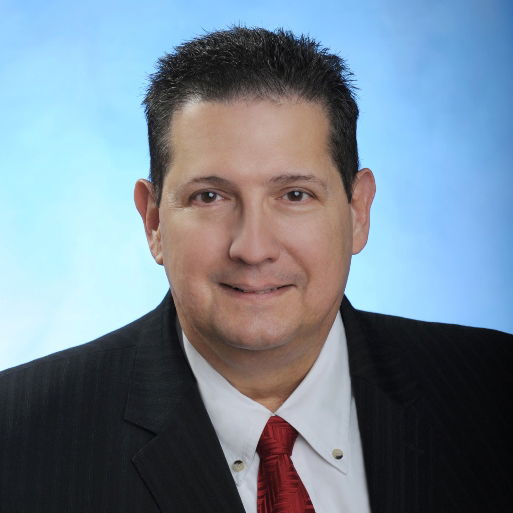The FDA Inspection From SOP To 483
Learn More
This session will discuss how to prepare for the inspection, what to do during the inspection and the close-out interview, and how to respond to the inspection. Also contained in this session will be the limits of FDA's scope during an inspection, including what documents you are not required to show them, and the permissibility of photographs and affidavits.
Why Should You Attend:
The FDA inspection is the most nerve-wracking event in the life of a regulatory professional - you're in charge of compliance, usually in the background, and now you're in the spotlight, and if your performance isn't good, it's not the show that may close, it's your company! However, adequate planning, training, composure, and understanding should result in many encore presentations!
Areas Covered in the Session :
- Types of inspections
- Preparation
- Dedicated personnel for inspection
- Facility resources to support the inspection
- Internal audits
- SOP for inspections
- Behavior during inspection: What to say and do, and what not to say and do
- Inspection process
- How and when to craft a written response?
Who Should Attend:
- Quality Auditors
- Compliance Officers
- Executive Management
- Managers/Directors/Supervisors and Personnel related to:
- Regulatory Compliance and Regulatory Affairs
- Quality Management System
- Quality Assurance
- Product Development
- Engineering
- Manufacturing
- Complaint Handling
- Personnel new to the regulated industry
- Training personnel
- Document Control Personnel
Course Director: JOSÉ MORA
 |
|